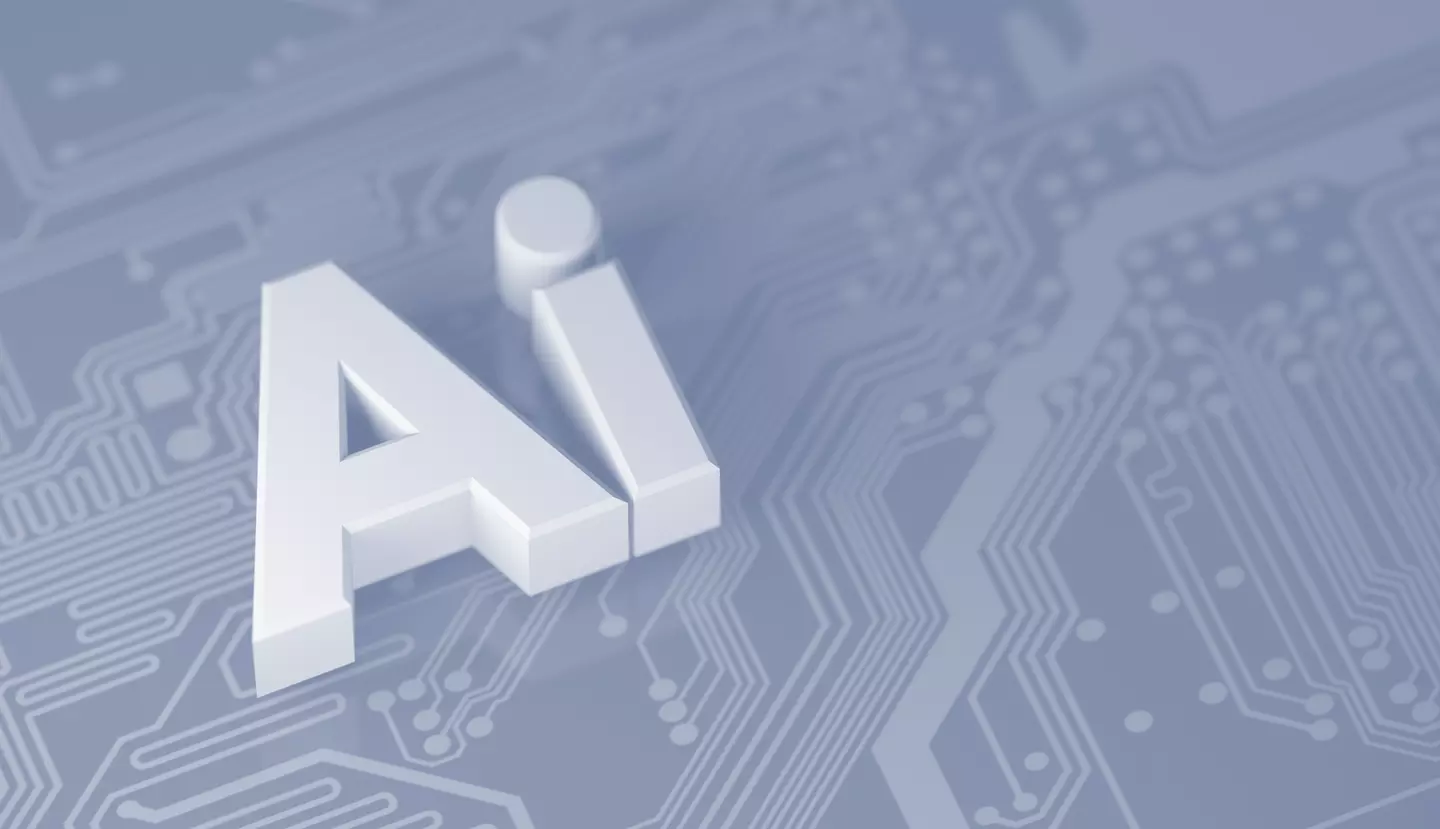
Unlock the Power of AI
Empower your work with artificial intelligence (AI), which is designed to streamline routine tasks, optimize donor engagement, and maximize impact. From predictive analytics to personalized outreach, AI tools are here to make your fundraising and operational efforts more efficient and effective.
Understand the Responsibility
As we integrate AI tools into our advancement strategies, it’s crucial to remember that with great power comes great responsibility. These tools need to be used carefully and ethically, with respect to privacy and data security at all times. This means adhering to data protection regulations, obtaining necessary permissions, and ensuring the secure storage and handling of University information. Remember, trust is the foundation of every successful fundraising effort; let’s use AI responsibly to maintain this trust.
Before you begin your work AI journey, please read and become familiar with the AI Responsible Use Guidelines and Terms of Use established by the UVA Information Technology Services (ITS) department.

PHASE 1: GENERATIVE AI (GenAI)
The first phase of UVA’s enterprise AI rollout provides access to Generative AI (GenAI) tools. GenAI is designed to create content that is contextually relevant and tailored to custom needs. For fundraising, these tools can be a powerful asset to automate and enhance various aspects of communication and ideation, offering new possibilities for engagement and innovation.
Some ways GenAI can be used in advancement work:
- Content Generation: generate a wide range of material, such as emails, marketing templates, press releases, and more.
- Personalization: research and design content for specific audiences, making communications more personal and effective.
- Efficiency: automate frequent tasks and content creation to save time and resources.
- Innovation: come up with creative ideas for fundraising initiatives or events.
Know the Options and Risks
AI is revolutionizing the way we work and live, and since the November 2022 public release of ChatGPT, the technology has gained immense popularity due to its ability to transform impact across various domains. As AI tool use extends to both personal and professional environments, users need to be considerate and purposeful on which tools are used for certain activities.
It’s essential to recognize that AI isn’t infallible: plausible concerns include hallucinations, bias, and privacy implications. Due to these risks and need-variance, it’s important to understand the difference between open source (public) and enterprise (private) tools:
| Open Source AI Tools | Enterprise AI Tools | |
|---|---|---|
| Security |
Lack robust privacy features due to public nature of the technology |
Vetted by department experts to assure the safeguard of sensitive information and adherence to compliance standards |
| Privacy Risks |
High, uploaded information is vulnerable to exposure and misuse |
Low to medium, secure and regulated platforms where UVA information* can be entered |
| Accuracy |
All AI models share reliability risks for hallucinations and bias |
|
| Use Cases |
Personal needs and experimentation |
Work tasks and projects |
| Tool Examples |
OpenAI's ChatGPT, Google's Gemini, Inflection AI's Pi |
UVA Copilot by Microsoft |
|
*With appropriately licensed tools, “Sensitive” data may be used in chat prompts. “Highly Sensitive” data, as explicitly defined in the University Data Protection Standards, cannot be included in chat prompts. |
||
Some language and images have been copied or adapted for UA needs from the UVA ITS GenAI homepage.
For more information on the wider rollout of AI across Grounds, please visit https://in.virginia.edu/genai.